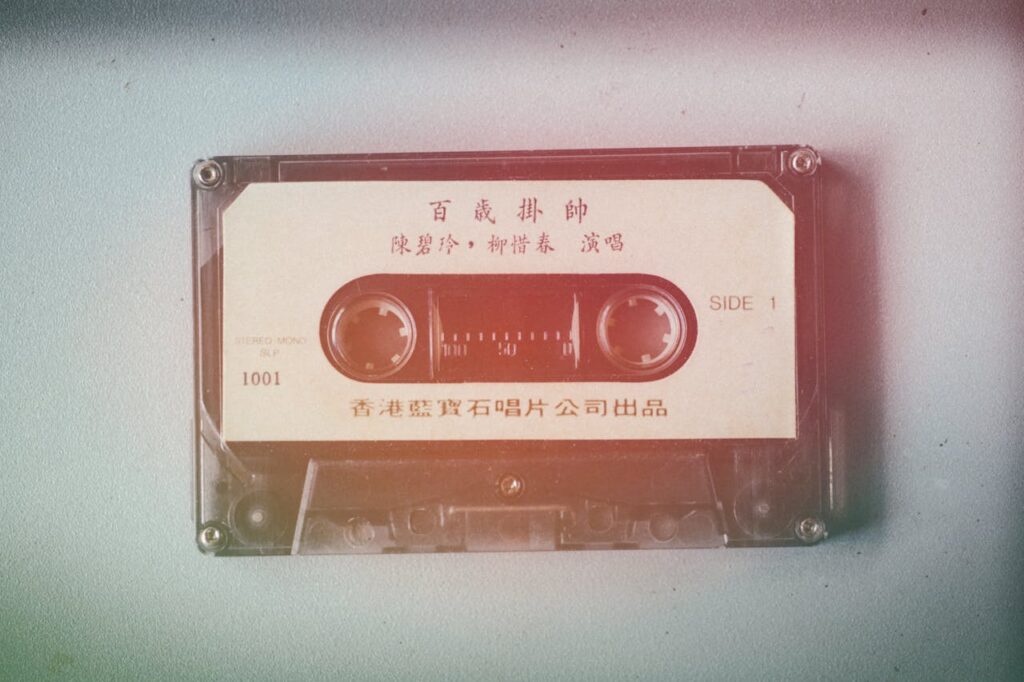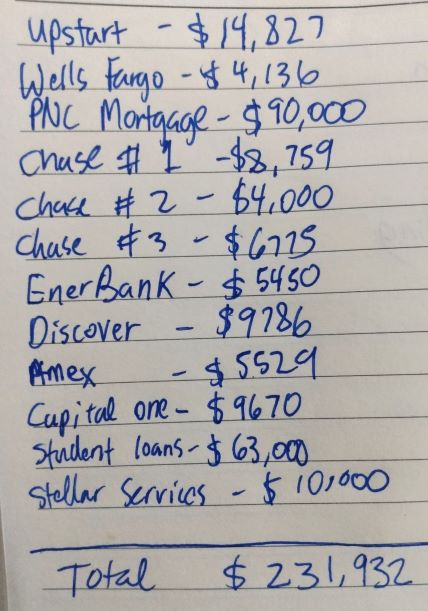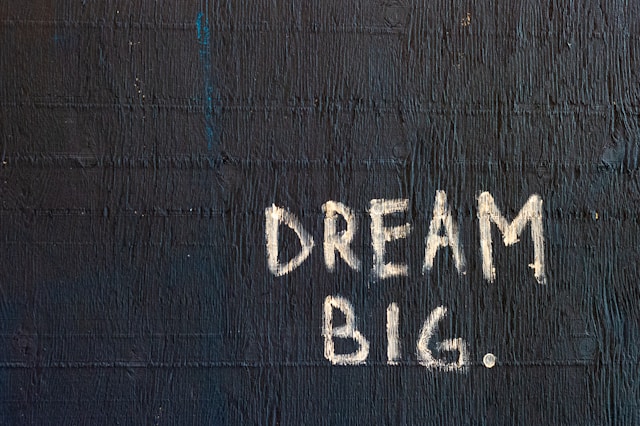
As part of my language learning journey, I’m reading the Tao Te Ching, an ancient text offering profound insights on life, leadership, and balance. In this post, I’ll share what I believe are its author Lao Tzu’s top quotes on life and money.
Lao Tzu, also called the Old Master, shared wisdom that still hits home today for its practicality and simplicity. As the founder of Taoism—a tradition all about living in harmony with life’s natural flow—he’s inspired generations to rethink how we approach success and wealth. His insights encourage us to see things with more balance and mindfulness, making them just as relevant now as they were back then.
Reading philosophy lets us stand on the shoulders of giants, seeing more clearly and making better decisions. So let’s climb onto the shoulders of a historical giant now with these insightful Lao Tzu quotes.
He Who Is Contented Is Rich
The secret to happiness—and something I’m grateful to have learned sooner rather than later—is that contentment is the true source of riches. Without it, nothing will ever feel like enough, and we’ll be trapped in the misery of always chasing more.
Take a look at Google’s search metrics for the term “how to be successful”; searches have increased sevenfold since 2004.

While it’s encouraging to see people interested in success, it raises the question: what’s driving this rising demand? My guess is the internet, television, and social media. We’re captivated by watching people who seem to have more, we want in on the action, and we’re often competing with our peers.
The result? All this comparison and competition is making us miserable as evidenced by life satisfaction metrics. The real question we should be asking is not how to be ‘successful’ by others’ standards but how to cultivate true contentment within ourselves.
Lao Tzu lived some 2,500 years ago, and he left us this wise quote on contentment because even back then, he saw our human tendency to get lost in the chase for status, the thirst for more, and the drive to be the best—distractions that pull us away from true inner peace.
Act without expectation
Since starting this blog, so many people have commented on the time I’m committing to it, focusing only on how many readers I attract or how much money I’ve made compared to the hours I’ve put in. Ultimately, they project their belief that it’s time wasted.
What they fail to realize—and what I don’t waste energy explaining—is that I’m acting without expectation. I’m simply doing what I love, which is writing, with no metric for ‘success’ beyond holding myself to consistency.
Without knowing it, they’re revealing their own approach to action: they only do things if they expect immediate results. They’ll go to the gym if they see changes fast, take a job if it pays well upfront, or avoid starting a blog because it takes too long to make money—social media platforms like YouTube or Instagram offer quicker returns.
In the end, this mindset leaves them doing nothing at all, or constantly jumping on the next hot thing.
What Lao Tzu is saying with this quote is that we should get comfortable with the idea that we don’t need a reason to take action. If we are interested in something and want to do it, just start and enjoy the process of learning, growing, and exploring our chosen endeavors. It reminds me of the idea that we should be able to “perform without purpose” as proposed by self-mastery guru, David Goggins – check him out below:
New beginnings are often disguised as painful endings
Surviving going broke taught me that there is always a tomorrow no matter how hard things are in the present. I was at the lowest of lows, but chose to fight my way out of the financial darkness and into the light.
It wasn’t easy to fix my life. I had to end a long relationship, clean up my finances, recover from a major knee operation, change careers, move cities, and accomplish a host of other things all at once. I remember how stressful that time was and hope I never get back to that point.
Slowly but surely, I was able to fix things and recover. Now, just six years later, my life is significantly better because I didn’t give up.
Lao Tzu said that new beginnings are often disguised as painful endings; and it’s true. All you have to do is keep going because the best way out of any storm is forward.
The journey of a thousand miles begins with one step
The first step I took when I decided it was time to improve my life was to sit down and take a tally of all my debts. It was frightening, but jotting it down made it real – it gave me a destination. From there, I was able to devise a plan that allowed me to pay off those debts and feel more free.

Right now, you probably have something you’d like to achieve. It could be getting out of debt. Or, maybe you’d like to change careers, travel the world, or lose 25 lbs. Whatever it is, idleness won’t get you there. Instead, you’ll have to follow the advice in this Lao Tzu said and take one step. After that step is done, you’ll then need to take another. And after that, another.
Over time, those steps will add up. And as long as you lock in your new found success before moving forward, you will have made significant progress in a relatively short period of time.
At the center of your being, you have the answer; you know who you are and you know what you want
I just finished The Alchemist, a book centered on following the voice within that tells us what we truly want. A line that stood out to me says: ‘There is only one thing that makes a dream impossible to achieve: the fear of failure.’
Many people seem to have dreams, but at some point, they let go of them.

They settle for ‘good enough’ jobs, save up, and count down to retirement: a time when they can finally enjoy life.
Is it fear that keeps them from pursuing what they really want? I think so. Debt, apathy, and countless dopamine-fueled distractions also help to drown out the inner voice that, as Lao Tzu says, tells us who we are and what we need to do.
Yet, the voice is always there. All we have to do is listen to know our truth—and then take action to move in that direction. And as Lao Tzu reminds us in the next quote, action is key.
Great acts are made up of small deeds
Building wealth is a great act, one that requires countless small deeds—hard work, saving, controlled spending, and avoiding major financial mistakes.
At the same time, we ourselves are greater acts than our wealth. To become our best selves, we must invest in good health, fulfilling relationships, and rewarding careers, each of which is built from its own series of small deeds that, over time, define who we are.
We are what we repeatedly do.
Aristotle
Aristotle once said, “We are what we repeatedly do,” while James Clear, author of Atomic Habits, reminds us that “we are the sum total of our habits.” The message from Lao Tzu, Aristotle, and Clear is simple: our lives, our achievements, and who we become are all shaped by the small, consistent actions we practice each day.
I apply this mindset to my own journey of learning Spanish. Instead of focusing on my current level or shortcomings, I stick to the steps I know will lead to fluency. Sometimes it feels like I’m not progressing, but when I look back, I realize I can now converse in Spanish—a milestone I couldn’t reach just six months ago.
If you do not change direction, you may end up where you are heading
Maybe you aren’t the great act that Lao Tzu alluded to in the last quote. You know you can do better. If so, it’s time for a change.
We’re all on a course heading somewhere – our futures are coming whether we like it or not. If you hate your job today, and do nothing about it, you will still be in that job down the road. I worked for 7 years like this, stuck in a job I hated, but too afraid to change.

The good news is that, as this Lao Tzu quote alludes, we are capable of steering our lives in a different direction. The actions, habits, and decisions we make today will ultimately determine where we will be tomorrow. It’s just up to us to decide if we’re going to stay on the current course or redirect our sails.
I eventually did wake up to the reality that I could make a career change, and I’m infinitely glad I did. It wasn’t easy, but nothing worthwhile ever is. With consistent determined effort, I was able to make it happen in less than a year and have enjoyed my work much more over the last five years.
So, is your life where you’d like it to be? If not, think about how it got there. Then, think about what you can do to change directions and get yourself moving to ensure you end up where you actually want to go.
He who conquers others is strong; he who conquers himself is mighty
I know many outwardly successful people with high-paying jobs, luxury lifestyles, and enviable Instagram feeds. Yet, behind the scenes, many live paycheck to paycheck—even those earning $200,000 or more—and rely on medication to manage the stresses of work and life. For instance, I once worked with a woman who, en route to her climb up the corporate ladder, would pop Zanax to calm her nerves before meetings.

Despite seeming to conquer the world, they struggle to conquer themselves. And I don’t say this to disparage. In fact, I have a lot of empathy because out society has told us that money is the most important thing – even if earning take us away from focusing on ourselves.
Remember, no amount of career success or money can replace self-mastery. So, let’s heed the wisdom in this Lao Tzu’s quote and focus on mastering ourselves alongside our outward achievements.
The sage does not hoard. The more he helps others, the more he benefits himself
Years ago, when I was broke, I asked a millionaire friend for a $5,000 loan to pay off a high-interest credit card. He had over $10 million, so I thought it would be an easy yes. Instead, he said no.
In truth, I’m glad he didn’t help. I needed to solve my own financial problems, and it was consistent with my belief: friends and family shouldn’t lend money. If I have extra to give, I prefer to offer it as a gift, accepting nothing in return.
That request, though, revealed a pattern. This friend, despite his wealth, was a lifelong hoarder. In 2008, he even charged me $7 for a container of peanut butter he’d bought in bulk. I think most of us would gladly give our best friends one of our dozens of containers of peanut butter, but I suppose his reasoning was that friends “shouldn’t take advantage of each other’s generosity.”

More recently than those scenarios, he confided his plans to “buy” a mutual friend of ours by offering money if that friend would leave everything and work as a skipper on his boat. It struck me as just another attempt to use wealth to control rather than using it to enhance others.
Lao Tzu’s words remind us that hoarding and selfishness lead to isolation, while generosity benefits both the giver and the receiver. Generosity is wealth that grows when shared.
Do you have the patience to wait until your mud settles and the water is clear?
One of my biggest shortcomings is that I often lack patience. In fact, it was that lack of patience that caused me to go broke as I rushed rehabbing my real estate properties using debt rather than going at the speed of cash.
It was a hard lesson learned, but I’ve been I able to recognize that a lack of patience had been holding me back and have invested a lot of effort in improving myself.
Like me, many other people in our fast-paced, success-driven culture, may rush decisions around money, relationships, and careers, acting out of impulse, impatience, and anxiety rather than clarity.

Lao Tzu’s quote reminds us of the power of patience: by waiting for life’s challenges to “settle,” we often find that the best answers come naturally. With our finances, this could mean resisting the urge to make hasty investments, or in life, pausing to assess a situation fully before acting.
Just as murky water eventually becomes clear, a calm mind gives us insight to make decisions that actually align with our goals.
What's your favorite Lao Tzu Quote?
Lao Tzu’s wisdom shared through his quotes remind me that life’s greatest achievements in wealth, relationships, and self-mastery are built on patience, consistency, and an inward focus. Life doesn’t have to be a race to the top. It’s richer when we make it journey toward balance, harmony, and fulfillment.
As you reflect on these quotes, think about the one that resonates most with your current stage in life.
I’d love to hear which of Lao Tzu’s teachings stands out to you and why. Share your thoughts in the comments below – let’s start a conversation and learn from each other’s interpretations of this timeless wisdom.

2 Responses
Eres tan preciso a la hora de contar tus experiencias y los aprendizajes que has recibido de ellas, qué llega directo como una cachetada que te despierta y te da esperanza.
La última frase de Lao acerca de la paciencia, es la que más se acerca a mi momento de vida. Gracias!!
Muchas gracias por el comentario. Es muy importante seguir aprendiendo de nuestras experiencias. ¿Qué importancia tiene para ti la paciencia en este momento? Además, ¿cómo encontraste el blog?